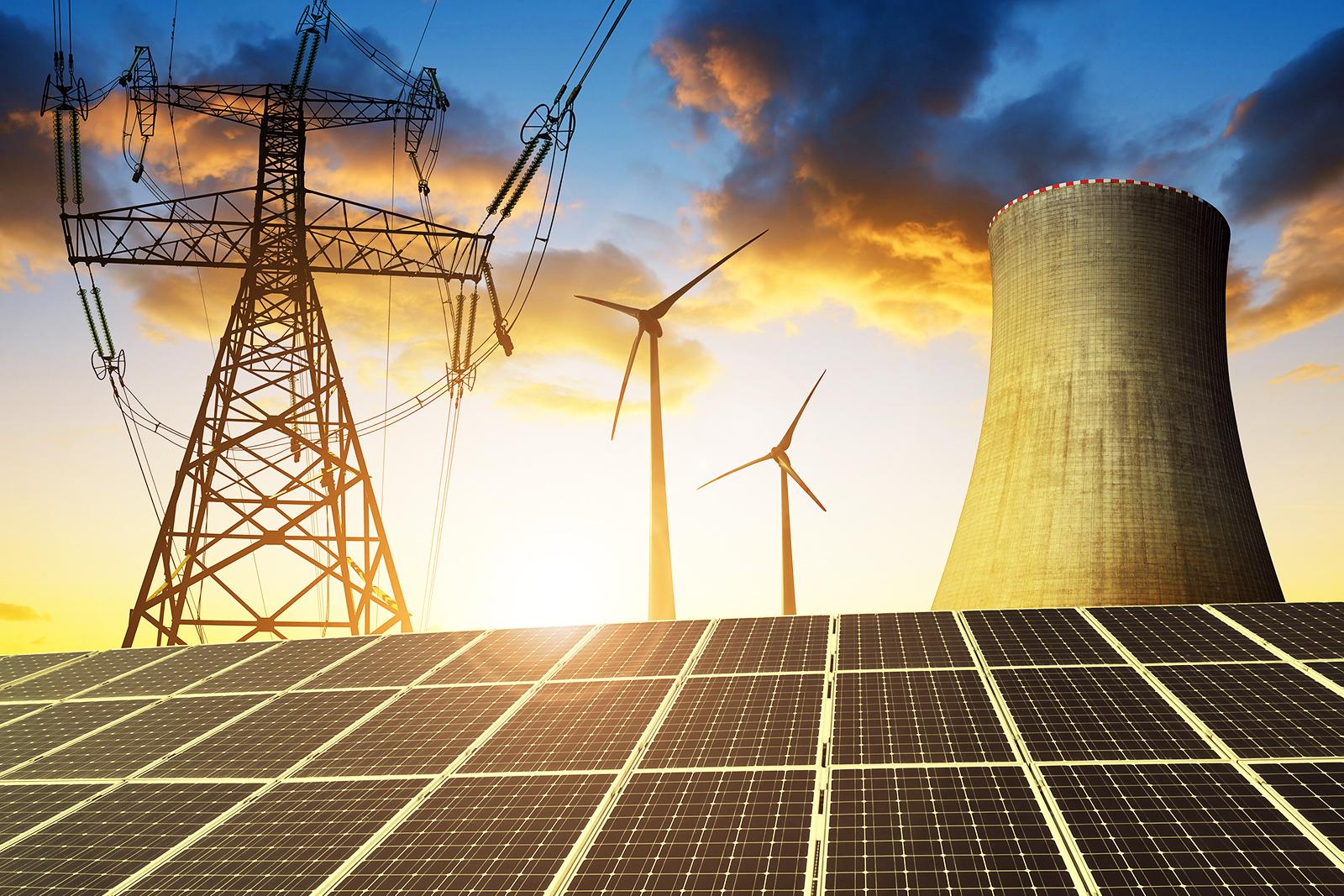
Energy resources are the backbone of modern civilization, fueling everything from our homes to our industries. As society progresses, the demand for energy continues to rise, pushing us to seek sustainable and innovative solutions. The exploration of energy resources encompasses a diverse range of materials and methods, including fossil fuels, renewable resources, and nuclear energy. Understanding these resources is crucial as we navigate the complexities of energy consumption and environmental stewardship.
In recent years, a growing awareness of climate change and the depletion of natural resources has led to a paradigm shift in how we view energy resources. The need for cleaner and more sustainable options has prompted governments, industries, and individuals to rethink their energy strategies. This transition not only addresses environmental concerns but also opens up new opportunities for technological advancements and economic growth.
As we delve deeper into the world of energy resources, it is essential to consider the various types available, their benefits, and their limitations. By examining these factors, we can make informed decisions that promote a sustainable future while still meeting our energy needs. This article will explore critical questions surrounding energy resources, highlighting their significance, challenges, and potential solutions.
What Are the Different Types of Energy Resources?
Energy resources can be broadly categorized into two main types: renewable and non-renewable resources. Understanding the differences between these categories is vital for evaluating their sustainability and long-term viability.
1. Renewable Energy Resources
Renewable energy resources are derived from natural processes that are replenished constantly. Some common types include:
- Solar Energy: Harnessed from sunlight using solar panels.
- Wind Energy: Captured through wind turbines converting wind flow into electricity.
- Hydropower: Generated by the movement of water, typically from rivers or dams.
- Geothermal Energy: Utilizes heat from the earth's interior.
- Biomass Energy: Produced from organic materials such as plant and animal waste.
2. Non-Renewable Energy Resources
Non-renewable energy resources are finite and will eventually deplete. These include:
- Fossil Fuels: Such as coal, oil, and natural gas, formed from ancient organic matter.
- Nuclear Energy: Generated through nuclear fission, utilizing uranium or thorium.
Why Are Energy Resources Important?
The significance of energy resources extends beyond mere electricity generation. They are integral to various aspects of our daily lives and economic activities. Here are some key reasons why energy resources matter:
- Economic Growth: Energy resources drive industries, creating jobs and contributing to GDP.
- Quality of Life: Access to energy improves living standards through heating, cooling, and transportation.
- Technological Advancements: Energy resources fuel research and development, leading to innovations.
- Environmental Impact: The choice of energy resources can significantly influence environmental health.
How Do We Transition to Sustainable Energy Resources?
Transitioning to sustainable energy resources requires a multi-faceted approach involving technology, policy, and community engagement. Here are some strategies to facilitate this transition:
1. Policy and Regulation
Government policies play a crucial role in promoting sustainable energy resources. This can include:
- Incentives for renewable energy production.
- Regulations to limit greenhouse gas emissions.
- Investment in research and development.
2. Technological Innovation
Advancements in technology can enhance the efficiency and affordability of energy resources. Examples include:
- Improved solar panel designs.
- Smart grid technology for better energy distribution.
- Energy storage solutions to manage supply and demand.
3. Community Engagement
Engaging communities in the transition to sustainable energy resources is essential. This can involve:
- Educational programs about energy conservation.
- Community-based renewable energy projects.
- Encouraging local initiatives to reduce carbon footprints.
What Challenges Do We Face in Energy Resource Management?
Despite the potential benefits of transitioning to sustainable energy resources, several challenges persist, including:
1. Economic Barriers
The initial cost of renewable energy technologies can be high, posing a barrier to adoption. However, long-term savings and environmental benefits often outweigh these initial investments.
2. Infrastructure Limitations
Many regions lack the necessary infrastructure to support renewable energy systems. Upgrading grids and establishing storage facilities are critical steps in overcoming this challenge.
3. Public Perception and Awareness
Public understanding of energy resources and their benefits is vital for widespread acceptance. Misinformation and lack of awareness can hinder progress.
How Can Individuals Contribute to Sustainable Energy Resources?
Individuals can play a significant role in promoting sustainable energy resources through personal choices and community involvement. Here are some actions to consider:
- Reduce Energy Consumption: Simple actions like turning off lights and unplugging devices can make a difference.
- Support Renewable Energy: Choose renewable energy options from local providers or install solar panels.
- Advocate for Change: Engage in community discussions and advocate for policies that support sustainable energy resources.
What Is the Future of Energy Resources?
The future of energy resources is promising, with a global shift towards sustainability already underway. Innovations in technology, supportive policies, and increased public awareness are laying the groundwork for a cleaner energy landscape. The ongoing research into alternative energy sources and efficiency improvements will continue to shape the energy sector, ensuring that energy resources meet the needs of both people and the planet.
Conclusion
In conclusion, energy resources are vital for our society, economy, and environment. As we face the challenges of climate change and resource depletion, the transition to sustainable energy sources becomes increasingly urgent. By understanding the types of energy resources available, their importance, and the steps we can take to promote sustainability, we can work together to create a brighter and more sustainable future for generations to come.
ncG1vNJzZmivp6x7o77EnKKepJxjwqx71aKpmqSmnq%2Bmv5NonKedopzGbr7ErKauqpOawG%2B006aj